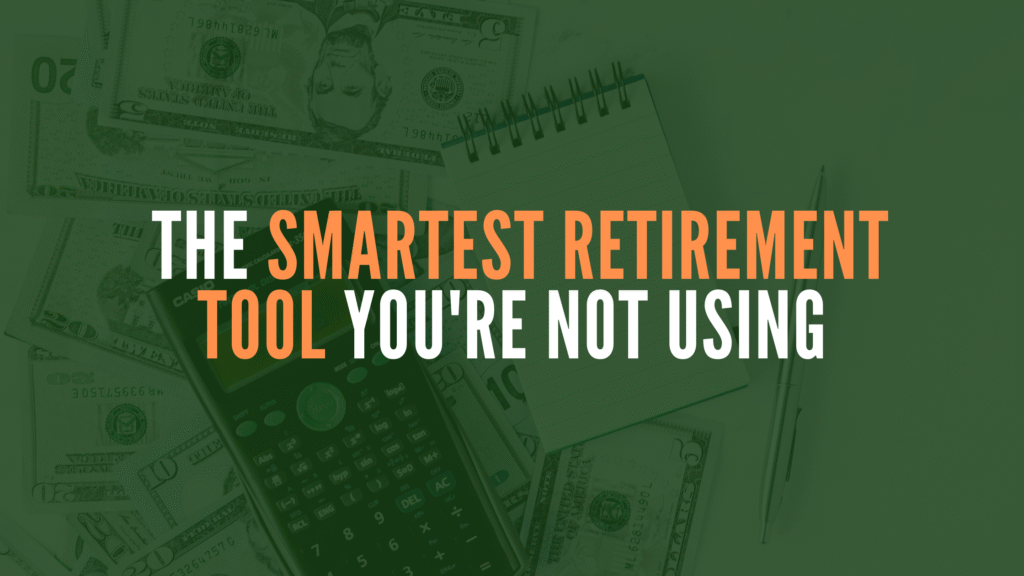It’s hard to predict the future especially when it comes to finances. But there’s one thing we know with near certainty: health care will be one of your biggest expenses in retirement.
According to financial experts, the average 65-year-old couple will need at least $300,000 to cover out-of-pocket health care costs during retirement. And depending on your health, lifestyle, and longevity, that number could be even higher.
The best time to prepare for these expenses? Long before you retire. And one of the most powerful tools available is the Health Savings Account (HSA).
What Is an HSA?
An HSA is often compared to an IRA but it’s designed for health care savings, not retirement income. To qualify, you must be covered by a high-deductible health plan (HDHP), either through your employer or by purchasing your own coverage.
Here are the HDHP limits for 2025:
- Minimum deductible:
- $1,400 for self-only coverage
- $2,800 for family coverage
- $1,400 for self-only coverage
- Maximum out-of-pocket expenses:
- $7,050 for self-only coverage
- $14,100 for family coverage
- $7,050 for self-only coverage
Why HSAs Are a Hidden Gem
The HSA is the only tax-advantaged account that gives you three distinct tax benefits:
- Tax-deductible contributions
Whether you contribute personally or your employer does it on your behalf, the money goes in pre-tax reducing your taxable income for the year.
- Tax-free growth
Once in your HSA, the funds can be invested and grow tax-free over time. Think of it as building a personal health care war chest.
- Tax-free withdrawals
As long as you use the funds for qualified medical expenses, you’ll never pay taxes on distributions. This includes everything from prescriptions and dental work to long-term care and Medicare premiums in retirement.
No other account not even a Roth IRA offers this triple-tax benefit.
Flexibility and Control
Another reason HSAs are so valuable: you’re not locked into a specific timeline for using the funds.
- There are no required minimum distributions (RMDs) even after age 72.
- You can take distributions at any time (not just in retirement).
- If you never need to use the funds, they can stay in your account indefinitely.
- If you name your spouse as the beneficiary, the HSA simply becomes your spouse’s HSA with no taxes due at your death.
By contributing regularly and letting the account grow, your HSA can become a powerful retirement cushion, specifically earmarked for the rising cost of health care.
Who Should Consider an HSA?
- Self-employed individuals with a qualifying high-deductible plan
- Employees whose employers offer HSAs or HDHPs
- Individuals looking for long-term tax planning strategies
- Anyone under age 65 interested in maximizing retirement savings beyond IRAs and 401(k)s
Even if you’re currently healthy and don’t anticipate large medical bills, an HSA is still a smart play. Sooner or later, health care becomes a major part of retirement spending and this account helps you prepare for it more efficiently than any other.
If you’re not sure whether you qualify for an HSA or want to understand how it fits into your overall retirement and tax strategy, give us a call.
At BASC Expertise, we help individuals and business owners make smart, proactive decisions that pay off down the line. Setting up or maximizing an HSA could be one of the best financial moves you make this year.

